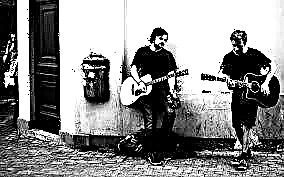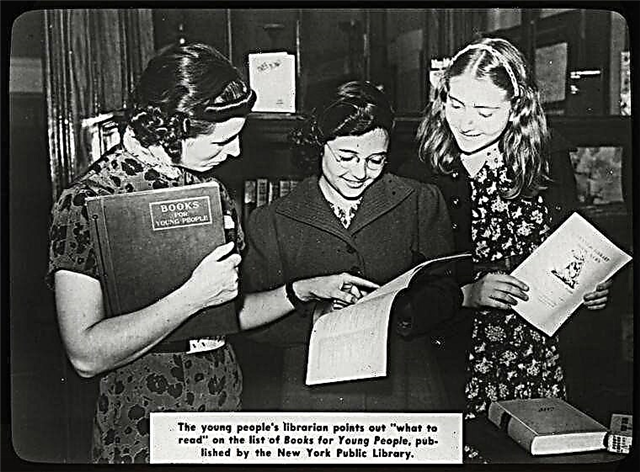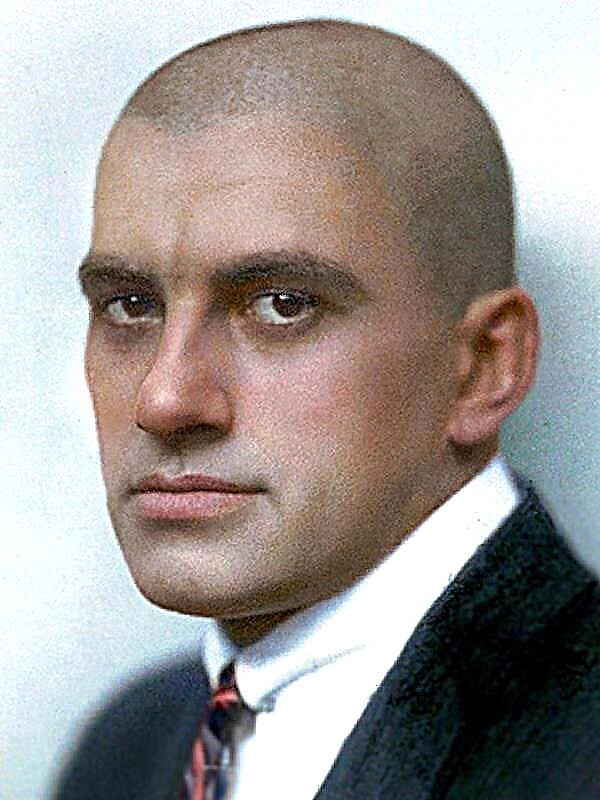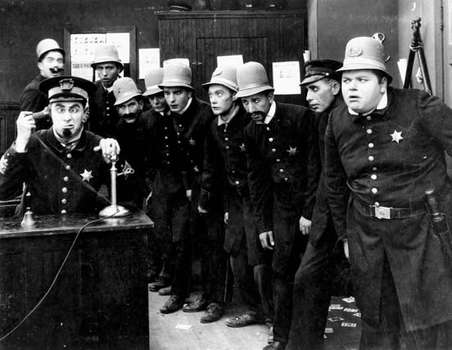Hunter
The end of the 20th century. Here, in a small house, a boy lives, Ilya, with his grandmother and her brother. He often recalls his cousin, Nikolai Kablukov, who was called the Hunter for his passion for animals and birds. Grandfather's life is shrouded in many secrets, he is lonely, embraced by a passion for changing places, but his main love is canaries. Grandfather lovingly teaches canaries to sing, the prima of his bird choir is maestro Zheltukhin, a yellow-feathered canary with a wonderful voice. Thanks to his grandfather, his grandson was carried away by canaries for life.
Hunter leaves home to die alone. After the death of his grandfather, the grandson finds a carefully stored ancient coin and a photo of a beautiful girl with a canary.
Boy Ilya grows up as a lonely, closed orphan. His mother, like Kablukov, is struck by the disease of vagrancy. His autocratic grandmother educates him, hiding the secret of his birth from his grandson. Grown up Ilya works as a journalist in a newspaper. At the Medeo rink, he meets the beautiful musician Gulya, the young are getting married.
Etinger House
Odessa, the beginning of the 20th century. The Etinger family lives in a large apartment: father Gavril (Herzl) - the famous clarinet player and tenor, his wife Dora and children Yasha and Esther (Esia), Stesha's servant is the same age as her daughter. The family is rich and musical, children learn music and even give concerts. In summer, in the country, father and son sing a duet, delighting the audience. Suddenly, teenager Yasha becomes infected with revolutionary ideas and throws music. After an unsuccessful parental attempt to stop this passion, he escapes from home, grabbing a family heirloom - a platinum coin from his grandfather-soldier.
Left with inconsolable parents, Eska improves the pianist's performing skills, and her parents take her to Austria for further training. She sews a “Viennese” wardrobe, which subsequently lasted a lifetime. Before listening to Esia in Vienna, he plays the piano great in a cafe, causing widespread excitement.
After an attack and treatment in an Austrian clinic, Dora dies, the money spent on her operation. Etinger and his daughter are returning to Odessa. Now the family is poor, Esther settles herself as a tapherer in cinematography.
Revolution and civil war begin. The Red Army commander Yasha returns to the city, his friend Nikolai Kablukov visits the Etinger family with greetings and an assignment from his son. As a password, he presents a rare old platinum coin stolen from the father of Yasha. A bird lover takes care of Eska, gives her the canary Zheltukhin. A girl in love gives him her photo with a canary.
With the help of Stesha Kablukov who has fallen in love with him, he steals three rare rare books from the family library and disappears. He explains to girls that he was not created for a settled family life.
Having become a ruthless Bolshevik punisher, Jacob does not visit his family, but his name protects the helpless family in the ensuing gangster and revolutionary disorder. Etingers condense, the apartment becomes communal with many residents.
Yasha becomes a Soviet illegal intelligence officer and until 1940 lives abroad, skillfully avoiding repression. He leaves rare books stolen from his family in Jerusalem, where he works under the guise of an antique dealer.
Having damaged his hand, Gavrila Etinger no longer plays the clarinet. He sings first in the movies before the session, later, having become ill with a mental disorder - in aimless walks around the city. He is called the "City Tenor" and pity. He is strongly attached to Zheltukhin, carries him everywhere with him. Faithful Stesha is watching him, as lonely as Esia.
Before the war, Jacob secretly returned to the country. Awaiting arrest in an era of repression and party purges, he comes to see his family.The hero spends the night with Stesha in love with him and sings, as in childhood, together with the mad father an aria from the opera The Prodigal Son. At the exit from the house, he is arrested by the NKVD.
Before the war, Esther traveled around the country for several years as an accompanist to the famous Spanish dancer Leonora Robledo. She is friends with her, and she is even in love with her husband, an ethnographic professor. Before being sent to the front, the professor committed suicide after a family scandal. Esther and Leonora throughout the war appear at the front as part of the artistic brigades. Leonora dies during the bombing, Esia returns home to Odessa.
In the early days of the occupation of the city of Gavril, Etinger, along with Zheltukhin, was shot on the street, like many Jews, by Romanian soldiers. The manager of the house of Stes, guilty of his death, stabs. She preserves the last treasures of the family for Esi returning from the front. The heroine tells the “young lady” how she always called Eshu about her brother’s visit, her father’s death and her love affair with both of them. The fruit of this connection is the daughter of Stesha Irus, a girl with different eyes.
Aya
In Alma-Ata, Ilya marries Gul and gets acquainted with her family. He is fascinated by the story of her relatives. Her grandfather Muhan knew German well, thanks to his teacher Frederick, a German Communist expat. Before the war he married, a daughter was born. He fought, was held captive, in a concentration camp, thanks to his knowledge of the German language he was able to escape and came with troops to Berlin. After the war, his second daughter was born, his mother Guli. Soon he was arrested by the NKVD and spent fifteen years in Soviet camps. His wife, Baba Marya, visited him with her youngest daughter.
He returned completely ill, and his wife nursed him. Grandfather became embittered, beat her and daughters. Much later, my grandfather received a letter from the German Democratic Republic, from which the family found out that his son Friedrich, named after his beloved teacher, was growing up from the German Gertrude - the result of front-line communication. Grandfather sometimes wrote to them. Sensing the approach of death, Mukhan left home and disappeared. Guli's mother died young due to heart disease.
While Gulya is expecting a baby, many signs indicate a future misfortune - she gives birth to a daughter and dies of a heart attack. Aya girl is born deaf. Father and grandmother make a lot of efforts to raise her as a full-fledged person, not disabled: she reads her lips, feels sounds tactile, and not everyone knows about her illness. The girl has a freedom-loving soul and strange bouts of a long sleep, probably due to the conflict of her deafness and a multisound world.
Father sings to her, deaf, lullabies, she does not hear them, but she feels. With the help of Kenar Zheltukhin, a representative of the Zheltukhin dynasty, Aya learns the song “Faceted Glasses”. Twenty years later, she will hear a stranger singing this song, striking her imagination with an exotic appearance. She will meet this man twice in different parts of the world before meeting him.
As a teenager, Ayia became interested in photography and has been earning it ever since. She is attracted to a wandering free life without prohibitions and restrictions, which is the reason for conflicts with her grandmother.
Aya graduates from school when Friedrich, a German relative, the son of her great-grandfather, appears. A wealthy carpet dealer sympathizes with Aye and invites him to live and study in England, where he lives with his family. After much doubt, Ilya lets Aya go, realizing that he will not keep her near him. His grandmother dies, and he remains alone with the canaries.
Leon
Irusya, the daughter of Stesha, grows as a hypochondriac. Having married a classmate, she leaves for the North, where their daughter is born, the red-haired Vlad. At the age of six, the girl was brought to Stesha's grandmother in Odessa and left for good.
Vlada is hyperactive, a real child of Etingers. Growing up in the company of two grandmothers, Stesha and Esther, the girl does not look like them at all, but reminds Yasha of her adventurous temperament and wild temperament. No one and nothing can curb her wild fervor. Since childhood, she has been exuberant and imaginative.Neighbor boy Valera, a kind man and animal lover, is in love with her.
Having turned into a beautiful girl, Vlada joins the urban bohemian party as a model. Surrounded by admirers, easily fluttering through life, she does not become attached to anyone, preferring easy friendship to serious relations. Loving Valera, realizing that the girl will never love him, leaves school and becomes a thief; he soon begins to roam prisons.
Accidentally meeting with an Arab student Walid who fell in love with her, Vlad enters into an easy relationship with him. The guy leaves for his homeland and no longer returns to Odessa, and Vladyka expects a child. Both grandmothers of the girl think that the father of the child died in Afghanistan, where the contingent of Soviet troops is located.
Vlada gives birth to an unusual boy named Leon in honor of Eskina's front-line friend Leonor. A small, elegant, silent, imagined, endowed with many talents, the child has a wonderful voice, which later turned into a countertenor - the highest male voice. The boy has a sharp mind and artistic talent, he is attached to the three women surrounding him, but is truly, inwardly close to Esther. Odryakhlev, she suffers from senile dementia. Leon studies music, sings in the school choir and at the local opera house, and teachers admire his wonderful voice.
Finding no use for himself in perestroika Ukraine, Vlada decides to emigrate to Israel, and the family leaves for Jerusalem. Stesha dies there, Leon vehemently mourns his grandmother. The family lives in poverty on social security benefits.

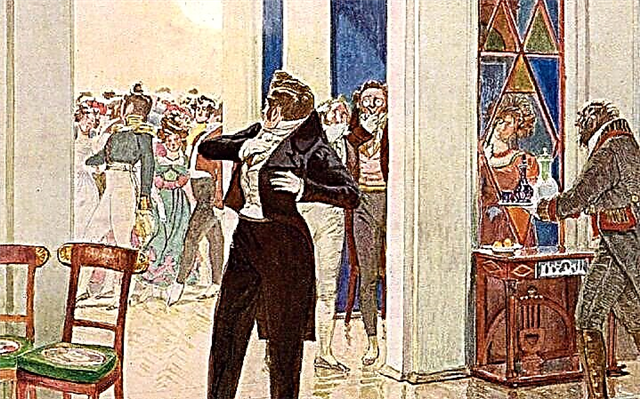

 Notre Dame Mosque
Notre Dame Mosque


